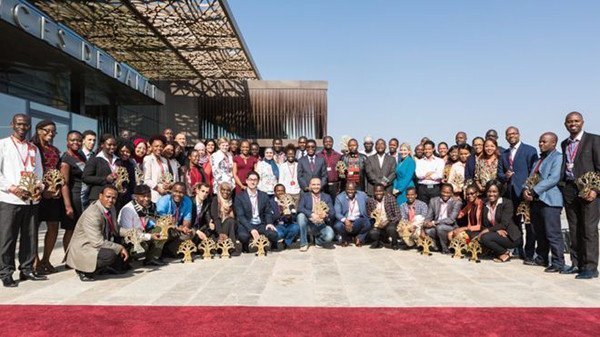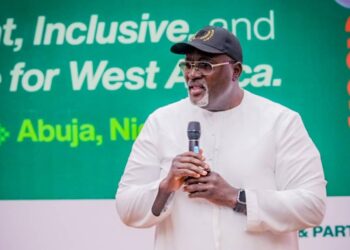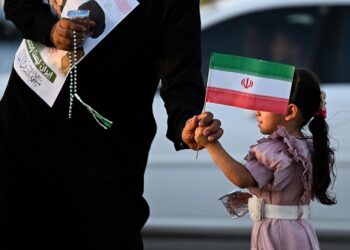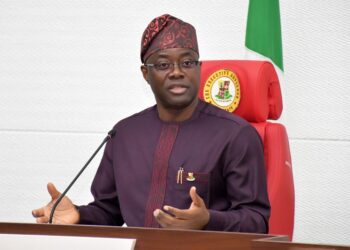SENEGAL hosted a landmark international science discussion board this week, the first of its type in Africa. More than 700 leading scientists, mathematicians, entrepreneurs, and key figures from the world of politics and civil society participated collectively.
The Next Einstein Forum desires to turn Africa into a worldwide hub for science and expertise by bringing the continent’s top brains together with traders and policymakers.
As part of their quest to ensure that the subsequent Einstein comes from the continent, younger African scientists have been requested to provide improvements that might “solve a big problem for humanity.”
No stress, then.
Here is an abstract of the three highest concepts chosen by the NEF’s knowledgeable judges.
Winner:
Moses Bangura, Engineer, Sierra Leone (Innovation: Medical drone community)
Moses desires to use a fleet of electrically powered drones, which may very well be used to ship remedy to sufferers in hard-to-reach areas.
The unmanned aerial vehicles might serve two purposes: delivering necessities like medication or emergency fluids and collecting blood or other samples for testing.
The drones would bypass visitor congestion, a significant downside in many African cities, and reach rural areas with poor street networks.
They would be capable to fly with an 8 kg (17 lb) payload for 40 minutes, protecting a radius of 40km (25 miles).
Moses says, “We believe that someone’s geographical location cannot determine whether they receive an available life-saving drug.”
Runners-Up:
Moussa Thiam, Mali (Innovation: Transforming garbage into construction supplies)
Moussa plans to take plastic waste, the build-up of which is a major problem for many cities throughout the continent, and turn it into something that can be utilized for the general public good, such as constructing roads or pavements.
Many plastics that end up in African landfills or clog city drainage programs take more than 100 years to biodegrade naturally.
The challenge would build on the present analysis, displaying that plastic waste can create supplies that partially substitute cement when mixed with sand and gravel.
Moussa stated: “(The innovation would lead to] a healthier environment, with a reduction in both pollution and the cost of building materials.
Sylvia Mukasa, Kenya (Innovation: Mobile well-being info service for moms)
Sylvia’s thought, named Afya Mama, is to make use of cellphones to supply girls with more details about health issues surrounding pregnancy, immunisation, family planning and HIV/Aids.
Pregnant girls, healthcare employees and others would get well-being recommendations by SMS or phone call and selecting pre-recorded audio content.
The messages may very well be pre-recorded in any language and chosen utilizing Interactive Voice Response expertise, which means the service might cover the more than 40 ethnic dialects in Kenya.
Sylvia says: “Our objective is to consistently sensitise mothers with information on healthcare and best practices, linking them up with an expert in the case of an emergency.”










